In a heartfelt video message, Kate Middleton a.k.a Catherine, Princess of Wales, bravely shared her recent diagnosis of cancer, following abdominal surgery earlier this year. While details about the type and stage of cancer remain undisclosed, Catherine’s announcement sheds light on a concerning trend of increasing incidence of cancer among individuals under 50.
Typically, cancer has been associated with older age groups, striking individuals in their 50s, 60s, or beyond. However in recent years there’s been a surge in early-onset cancers, defined as those occurring in patients younger than 50, particularly in affluent nations. This trend is reflected in a 2023 BMJ analysis, which revealed a staggering 80 percent rise in the early onset of 29 different cancers globally between 1990 and 2019.
One notable contributor to this trend is the alarming increase in colon and rectal cancers, with incidence rates rising by 63 percent since 1990. While breast, cervical, and skin cancers remain prevalent among adults under 50, colorectal cancer has garnered attention, especially following high-profile cases like that of actor Chadwick Boseman in 2020.
Additionally, cancers affecting organs such as the bladder, kidney, ovaries, pancreas, prostate, thyroid, and uterus have also become more prevalent among younger demographics. Dr. John Marshall, director of the Ruesch Center for the Cure of Gastrointestinal Cancers at Georgetown University, notes a significant shift in his patient demographics, with an increasing number of young individuals presenting with gastrointestinal cancers.
While the exact causes of this rise in early-onset cancers remain unknown, researchers have identified several potential factors contributing to this concerning trend. Dietary habits play a crucial role, with consumption of deep-fried and processed foods, high-fat foods, sugary drinks, and low-fiber diets being linked to increased risk of colorectal cancer. Moreover, higher alcohol intake has been associated with elevated cancer risk among young adults.
Environmental toxins, such as microplastics, have also emerged as a potential culprit. These ubiquitous particles, found in various everyday items, including food containers and synthetic clothing, can infiltrate the human body and gastrointestinal tract. Research suggests that microplastics may promote tumor growth and disrupt hormonal balance, posing a significant health hazard.
Despite these theories, the precise reason driving the surge in early-onset cancers remain poorly understood. While Catherine’s diagnosis offers a personal glimpse into this medical mystery, the broader implications of this trend underline the need for continued research and awareness.
Moving forward, efforts to address early-onset cancer require a multifaceted approach, including promoting healthier dietary habits, reducing exposure to environmental toxins, and enhancing early detection and screening initiatives. Additionally, increased investment in cancer research is imperative in revealing the complex interplay of genetic, environmental, and lifestyle factors contributing to this phenomenon.
As Catherine bravely navigates her cancer journey, her story serves as a reminder of the urgency to confront the growing threat of cancer among young adults. By raising awareness, fostering collaboration among researchers, and advocating for preventive measures, we can strive to mitigate the impact of early-onset cancer and ensure a healthier future for generations to come.

 Efforts to address early-onset cancer require a multifaceted approach, including promoting healthier dietary habits, reducing exposure to environmental toxins, and enhancing early detection and screening initiatives.
Efforts to address early-onset cancer require a multifaceted approach, including promoting healthier dietary habits, reducing exposure to environmental toxins, and enhancing early detection and screening initiatives. 










.jpeg)

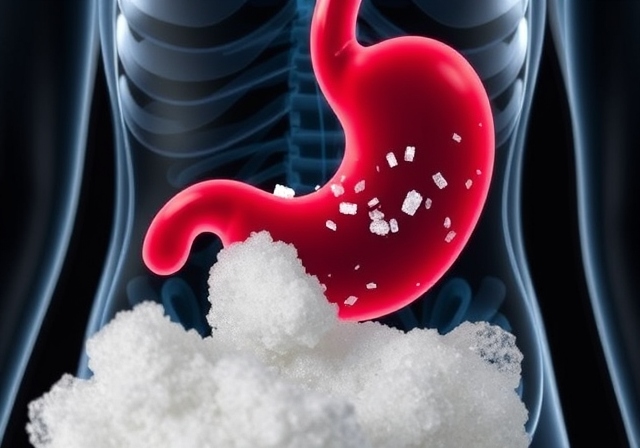
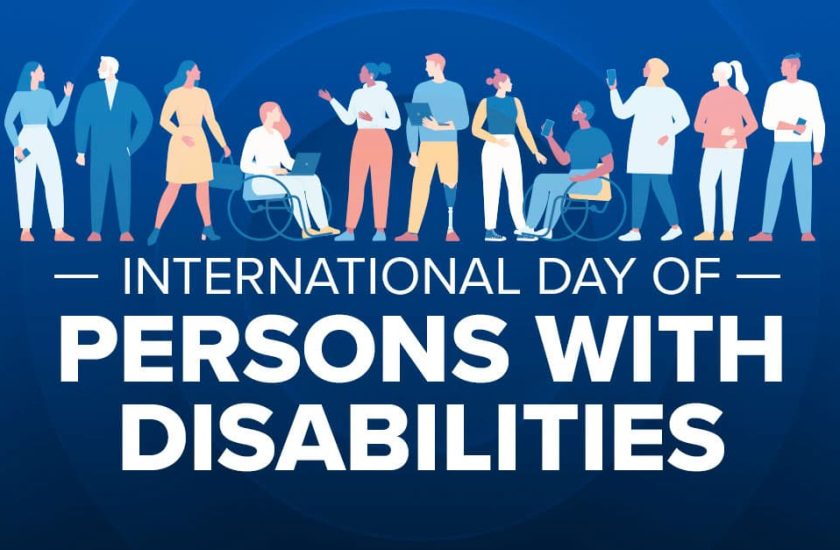
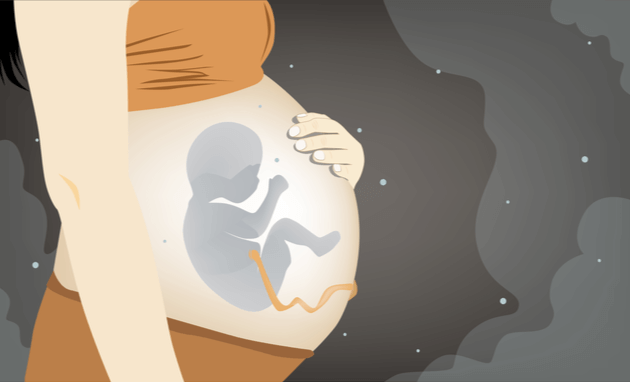


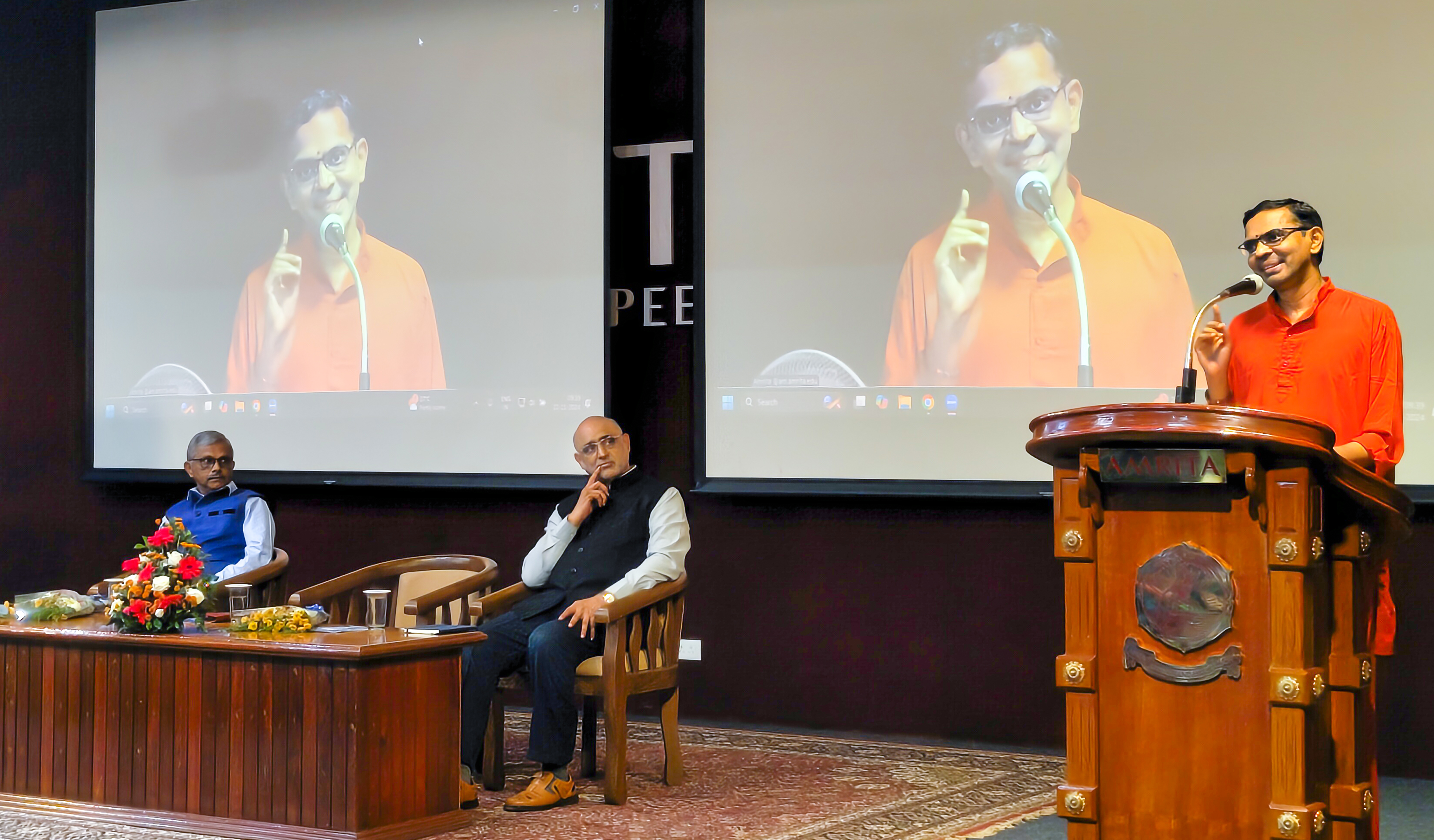
.jpg)
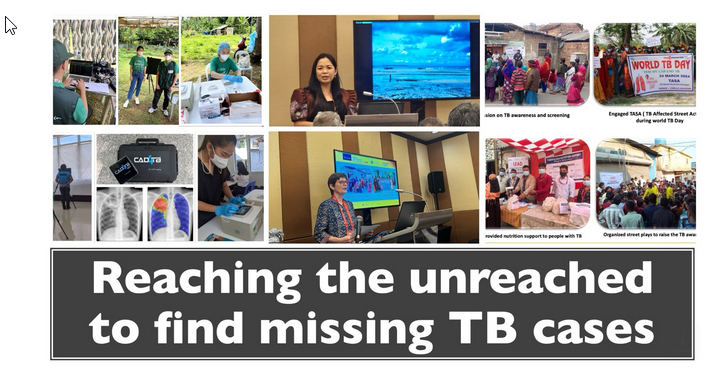



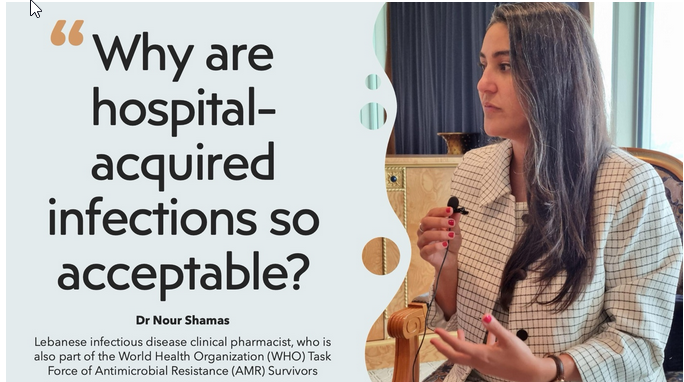
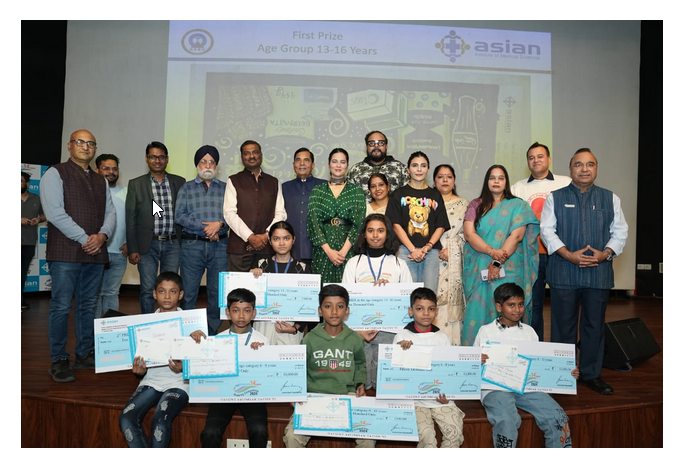

.jpg)




